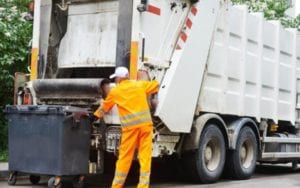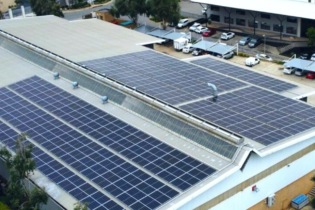The combined service delivery index was highest for metropolitan municipalities (4,6) and lowest for rural municipalities (3,3). In terms of provinces, the highest composite scores were calculated for Western Cape (4,7) and Gauteng (4,6), while the lowest composite scores are observed in Limpopo (3,6), Eastern Cape (3,8) and Mpumalanga (3,9).
StatsSA indicated that household perceptions of the services they receive vary greatly between municipalities, especially between households in metropolitan and rural municipalities. “A simple correlation between municipal poverty headcounts and the available infrastructure shows a strong positive relationship,” the report said. “The relationship between household satisfaction with basic services and the quality of infrastructure can also be expressed as a strong positive correlation, meaning that poor households with inadequate access to services are most likely to be dissatisfied with those services.” The report finally found that 75% of households in South Africa did not believe that municipalities were actively addressing the issues they felt were most important for households. Minister of Cooperative Governance and Traditional Affairs (CoGTA) Des van Rooyen commented on the findings of the report. He said: “We accept these important surveys that will assist local government to further strengthen its work and interventions geared to addressing any challenges raised by communities in various localities. “We urge municipalities to study and appraise themselves with the content of these important surveys about local government as by understanding them, we will go a long way in ensuring that we respond better to the needs of communities”, he added. Households in metropolitan municipalities are generally more satisfied than those in smaller municipalities, particularly rural municipalities. This is according to the latest Statistics South Africa (StatsSA) report on the state of basic service delivery in the country. The report said that tremendous progress had been made over the past few decades in the delivery of basic services. The Community Survey 2016 found that 89,8% of households used piped water, 63,4% used flush toilets connected to either the public sewerage or to a local septic system, 63,9% of households receive refuse removal services, and that 87,6% of households had access to electricity. However, StatsSA said these headline figures hide a lot of variation across provinces, district councils and between local municipalities. “Populations use a variety of services to satisfy their basic needs,” StatsSA said. To determine the improvement of basic service delivery, StatsSA used an index to explore the complex interchange between different service delivery measures in more detail.








